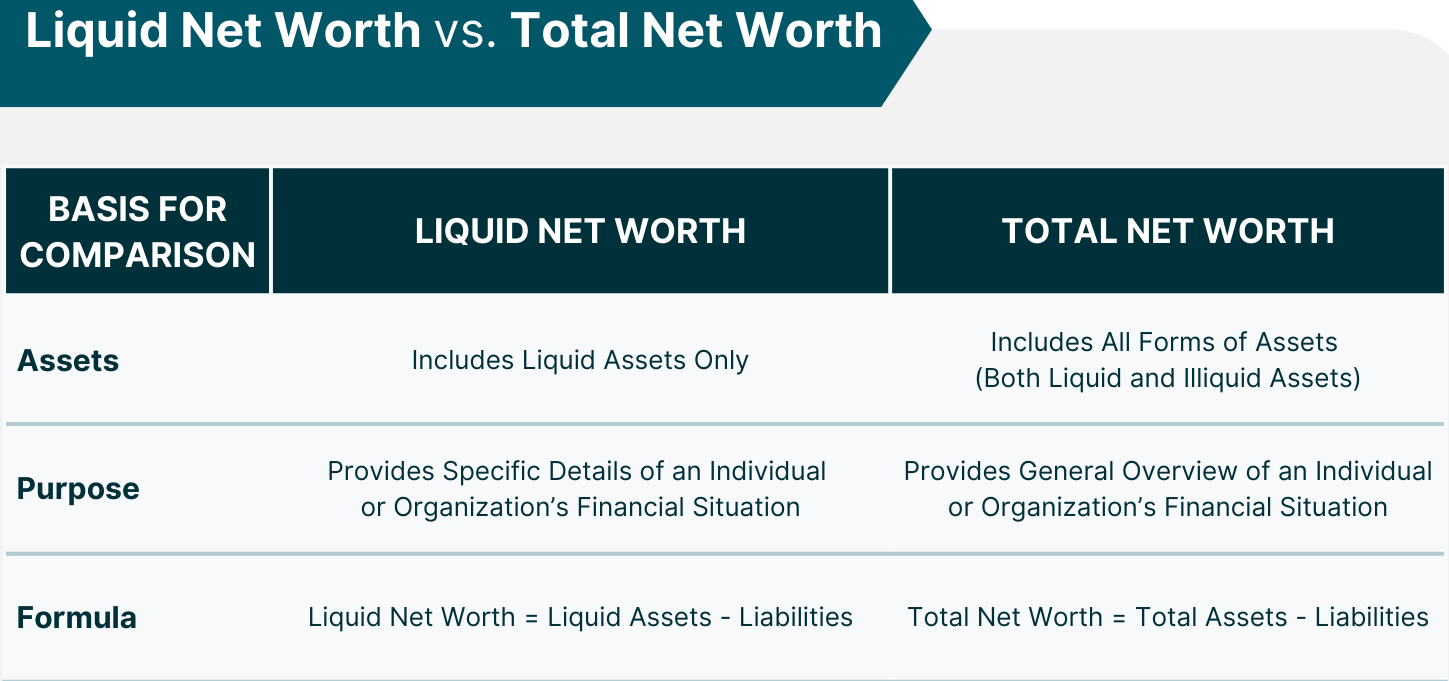Bank Overdraft & Cash Credit
Bank Overdraft & Cash Credit Bank overdraft and cash credit facilities are both forms of short-term borrowing provided by financial institutions to individuals and businesses. Here’s a detailed explanation of each: 1. Bank Overdraft: i. An overdraft is a financial arrangement where a bank allows an account holder to withdraw funds from their account even… Read More »









